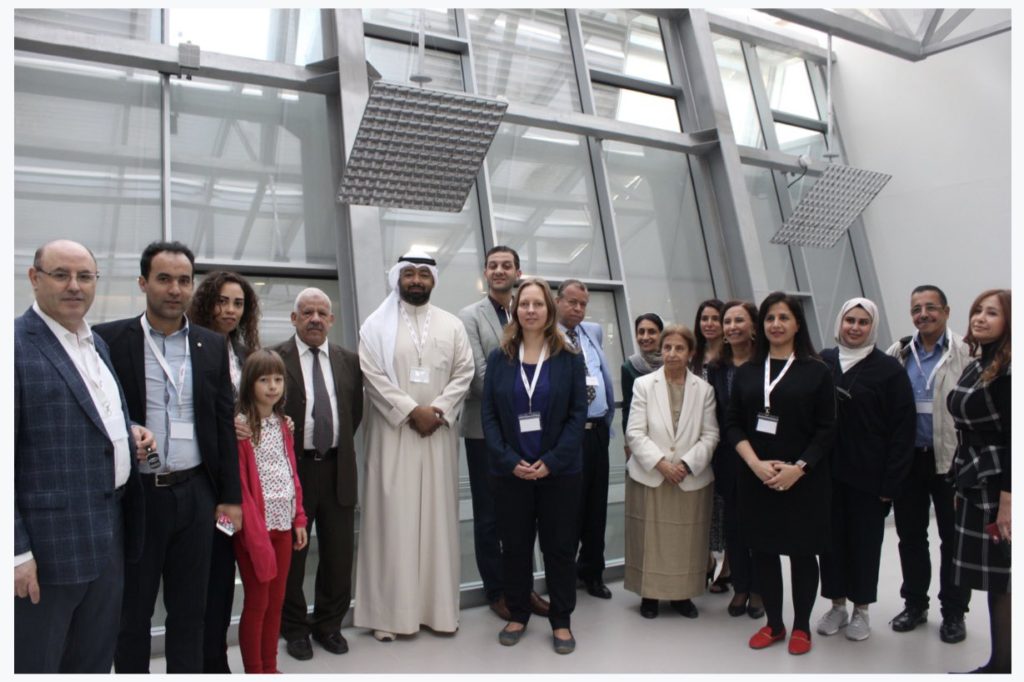
On 1-2 December 2019, the international AGYA workshop aims to explore the meaning of cosmopolitanism in Western and Islamic traditions and will provide a forum to investigate the mutual influences in the intellectual history of the concept in different cultural and intellectual traditions.
The concept of cosmopolitanism has always played an important role in philosophical and theological texts of various cultures, including Arab, European, Indian or Persian cultures. In its core, the concept of cosmopolitanism defines all human beings as world citizens— ‘kosmopolites’ in Greek—who thus are all part of a single universal community. The concept of ‘universality’ or cosmopolitanism also roots in Islamic theology and philosophy: in the history of Islamic thought, universalism is based on the concept of a shared humanity and equality. The unity of world citizens transcends all cultural differences or political borders, based mostly on a shared notion of morality.
In the eighteenth century, a cosmopolitan was a person that was open-minded, led a sophisticated life-style, and liked to travel. In current language, these are still some characteristics we are referring to today, when naming someone a cosmopolitan. Nowadays, cosmopolitanism is receiving more scholarly attention again: in the context of globalization, new (communication) technologies, and increasing digitization, there is a need to reflect in philosophical terms on the new prospects for the individual to interact and communicate with his or her fellow world citizens.
The AGYA conference focuses on intercultural exchange and its influence on the construction of moral and cultural paradigms. This is a rather new approach, considering the history of the concept of cosmopolitanism and the many contemporary moral, socio-political, and economic definitions existing in parallel today.






